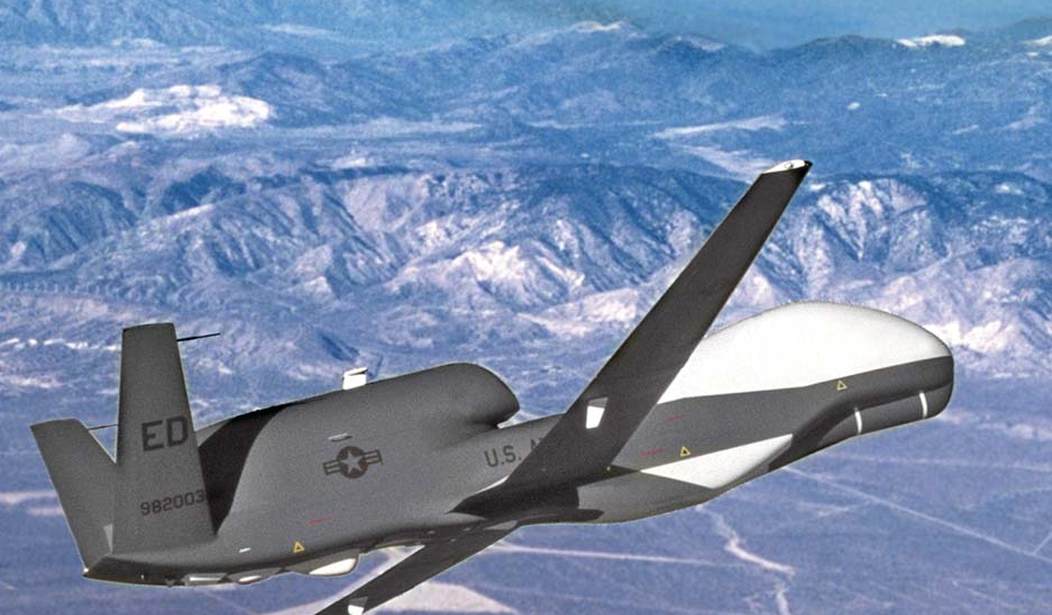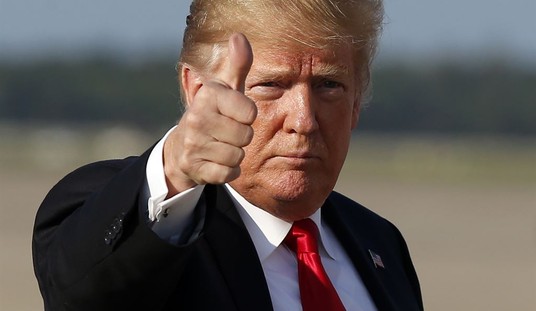WASHINGTON – Several lawmakers have expressed strong interest in protecting the constitutional rights of U.S. citizens during the war on terror, as efforts in Congress continue to revisit a resolution passed in the aftermath of the Sept. 11 terrorist attacks.
The House Committee on the Judiciary recently held a hearing delving into the status of citzens’ rights. In his opening statement, Chairman Bob Goodlatte (R-Va) underlined the 2012 National Defense Authorization Act (NDAA) and the Authorization for Use of Military Force (AUMF) after 9/11 as two important pieces of legislation that could be interpreted as permitting the indefinite detention of American citizens without trial if they participated in any terrorist activity.
Goodlatte said he wants to make clear that U.S. citizens apprehended and detained in the United States should be tried at a court established under Article III of the Constitution and that such trial and proceedings have “all the due process as provided for under the Constitution of the United States.”
The Virginia representative also said he joins several of his colleagues on both sides of the aisle in their concern over the notion that an American citizen apprehended on American soil can potentially be held indefinitely without trial.
“I am not persuaded by those who say that in practice this administration and future administrations will not exercise their authority to indefinitely detain U.S. citizens who have been apprehended in the United States. The mere notion that this authority exists is troubling in and of itself and I believe that this body should make clear that citizens of this nation cannot be detained without receiving all of their due process rights in an Article III court,” said Goodlatte.
Congress enacted the Authorization for the Use of Military Force (AUMF) in September 2011. The law empowered the president to “use all necessary and appropriate force against those nations, organizations, or persons he determines planned, authorized, committed, or aided” the Sept. 11 terrorist attacks. The AUMF gave the Pentagon and U.S. intelligence agencies unprecedented authority to wage war against al-Qaeda and other militant groups. The legislation also established a basis for a wider range of controversial counterterrorism tactics for the military.
The NDAA, a federal law specifying the budget and expenditures of the Department of Defense, includes every year other provisions outlining how that money will be spent. In 2012, the NDAA included a provision that reaffirmed the federal government’s ability to detain U.S. citizens without charge or due process.
Committee ranking member Rep. John Conyers (D-Mich.), who quoted James Madison to emphasize his view about the effect of continual war on U.S. defense policy, also expressed his concern about how easily some members of Congress have been willing to treat suspected terrorists as enemy combatants instead of criminal offenders.
Conyers cited Ex parte Milligan – a Supreme Court ruling that says the application of military tribunals to citizens when civilian courts are still operating is unconstitutional – as the basis for trying terrorism suspects in civilian courts.
“No weapon in our counterterrorism arsenal is more effective than our civilian criminal courts,” said Conyers. “By adhering to Milligan, we both secure our nation and give appropriate deference to the rule of law. There may be limited exceptions to [this] rule, but they should be used sparingly and only when expressly permitted by Congress.”
“Congress should state explicitly that detention authority under the AUMF and the NDAA does not extend to any persons captured within the territory of the United States,” said Robert M. Chesney, a Brookings Institution senior fellow.
The hearing was convened on the constitutional rights of U.S. citizens, but Conyers proposed to consider non-citizens’ rights as well, and noted that the Constitution protects individuals detained anywhere in the world by the United States.
Conyers criticized President Obama for his failed promise to close the detention camp at Guantanamo Bay, saying that “we should no longer entertain the legal fiction that [the prison] is outside of jurisdiction of the United States.”
“If we’re to have a serious debate about how to make 13 years of indefinite detention end in Guantanamo and square with the values in our Constitution, then we ought to include everyone in our custody as part of this discussion,” Conyers said.
Mary O’Connell, a leading expert on the law respecting targeted killing, testified about fundamental rights during the war on terror.
O’Connell, who in the past urged the Obama administration to end the use of drone strikes outside of combat zones, said the internationally recognized definition of armed conflict relies on two fact situations: there must the presence of organized armed groups and these groups must be engaged in situations of intense armed fighting.
“Because armed conflict requires a certain intensity of fighting, the isolated terrorist attack, regardless of how serious the consequences, is not an armed conflict,” said O’Connell. “It is true that the extraordinary situation of real armed conflict hostility does change the rights to which people are entitled, most importantly with respect to our very lives, to our liberty, and to the process which we are owed. These rights change according to the law of armed conflict, but the law of armed conflict also severely limits the situations in which these changes apply.”
She noted that the law of armed conflict provides a definition on what counts as armed conflict based on “open and obvious facts that all can see and mutually reinforce within the community of states” and that an isolated terrorist attack, regardless of how serious the consequences, is not an armed conflict.
President Obama argued in his recent address at the National Defense University that it is time for the AUMF to be repealed. Obama argued that, unless the AUMF is rewritten, Congress risks giving future presidents more powers.
“Unless we discipline our thinking and our actions, we may be drawn into more wars we don’t need to fight, or continue to grant presidents unbound powers more suited for traditional armed conflicts between nation states,” Obama said.
The president’s remarks displayed a sharp contradiction within his administration about the AUMF. Military officials recently said that the resolution would be needed for at least 10 to 20 years, noting that the broad interpretation of this law gives them the flexibility to deal with a changing threat in a lawful, effective manner.
Obama also defended the use of drones against terrorist groups, saying that these strikes have saved lives. Nevertheless, he added: “For the record, I do not believe it would be constitutional for the government to target and kill any U.S. citizen – with a drone, or with a shotgun – without due process. Nor should any president deploy armed drones over U.S. soil.”









Join the conversation as a VIP Member